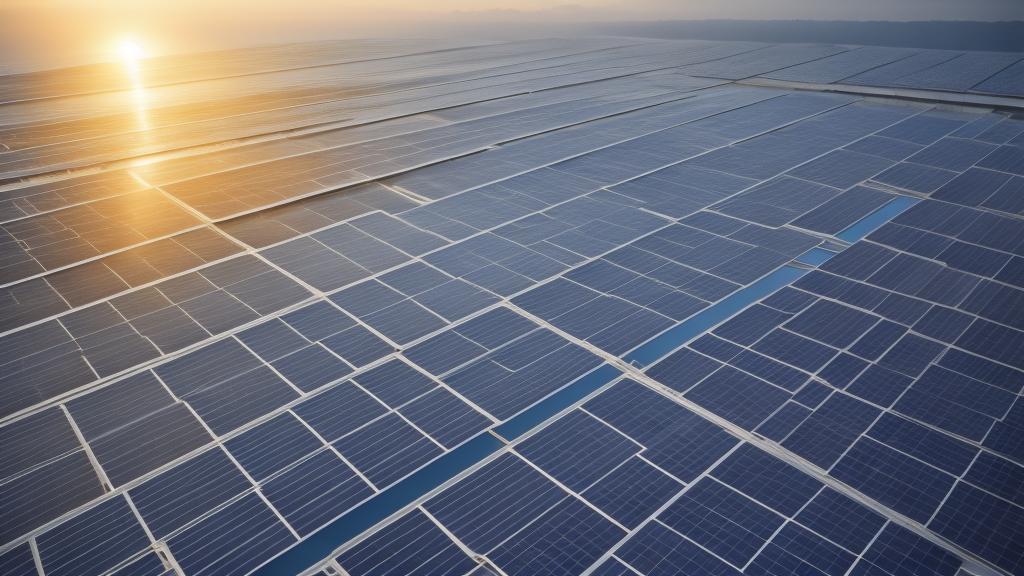As the world rapidly transitions to renewable energy sources, the demand for efficient energy storage solutions has skyrocketed. Lithium-ion batteries, once hailed as the gold standard, are now facing scrutiny due to their environmental impact, limited supply of raw materials, and safety concerns. Innovators in the energy sector are exploring alternative technologies to meet the growing energy storage needs while addressing these limitations.
One promising avenue is the development of solid-state batteries. Unlike traditional lithium-ion batteries, solid-state batteries use a solid electrolyte instead of a liquid one. This key difference significantly enhances energy density and safety. Startups and established companies alike are investing heavily in this technology. For instance, QuantumScape has made headlines with its breakthroughs in solid-state battery technology. However, challenges such as manufacturing scalability and cost-effectiveness remain.
Another exciting prospect is the resurgence of flow batteries. These batteries store energy in liquid electrolytes contained in external tanks, allowing for easy scalability. Companies like ESS Inc. are making strides in this area, offering long-duration energy storage solutions that can efficiently store renewable energy and stabilize the grid.
Meanwhile, sodium-ion batteries are gaining traction as a viable alternative to lithium-ion counterparts. Sodium is abundant and low-cost, making it an attractive option for large-scale energy storage. Researchers are working to overcome technical hurdles, primarily in terms of energy density and lifecycle, to bring sodium-ion batteries to the forefront.
The energy storage landscape is also witnessing innovations in mechanical storage solutions. Compressed air energy storage (CAES) and pumped hydro storage are being revisited with modern technological advancements. These methods store energy in the form of gravitational potential energy or compressed air and can provide large-scale storage capacity efficiently.
The growing interest in energy storage innovation is driving a wave of investments and partnerships. Venture capitalists are pouring funds into startups tackling these challenges, while traditional energy companies are seeking collaborations to integrate new technologies into their operations. As these initiatives progress, they promise to reshape the energy storage market, making renewable energy more reliable and accessible worldwide.
Ultimately, the transition away from fossil fuels to a sustainable energy future hinges on our ability to develop and deploy advanced energy storage solutions. The race to overcome the limitations of lithium-ion batteries is intensifying, and the breakthroughs achieved in this space will play a critical role in ensuring a resilient and sustainable energy grid for generations to come.
Transforming energy storage: the race to overcome lithium-ion limitations

